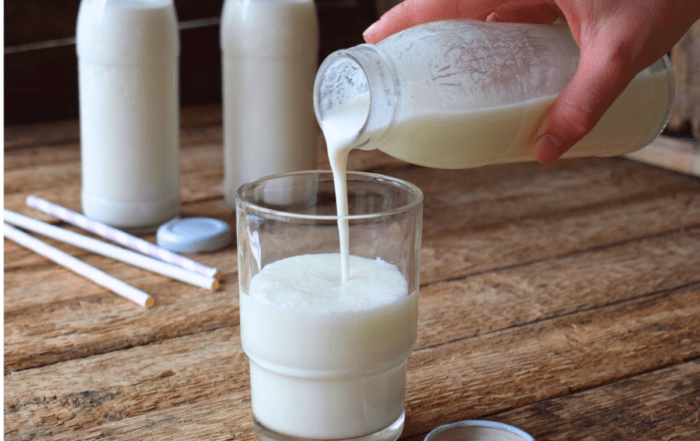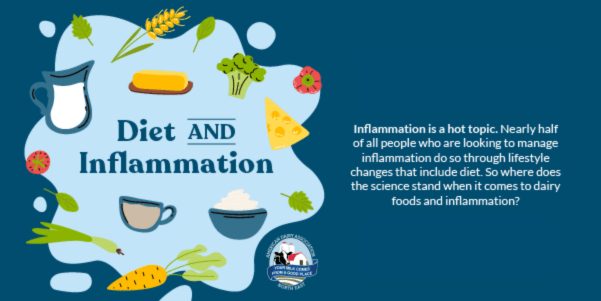You’ve probably heard the buzz about probiotics, especially foods and drinks that support gut health and general well-being. And because an unhealthy gut can be connected to many chronic health issues like irritable bowel syndrome, depression, and suppressed immunity, it’s important to take good care of your digestive tract. Probiotic-enhanced foods claim to support the health of your gut—but do they really? Learn more about probiotics and how to work them into your daily routine here.
What Are Probiotics?
Probiotics are live microorganisms that deliver a health benefit when consumed in adequate amounts. Eating and lifestyle habits, such as poor diet, lack of sleep, and periods of stress, plus the use of antibiotics, can challenge the naturally occurring bacteria in the digestive tract, and that can result in impaired overall health and reduced function of the gut. This is where probiotics come in—to nourish and replenish this “good” bacteria, while protecting it from harm.
Do Probiotics Offer Health Benefits?
Probiotics may help support health in a variety of ways and have been studied for their role in:
- Immunity
- Improved digestion
- Management of irritable bowel syndrome (IBS)
- Balance of good and harmful bacteria in the digestive tract
- Enhanced nutrient absorption
- Management of skin conditions due to allergies or eczema.
Research is also investigating the role of probiotics in mental health and depression.
Sources of Probiotics
Live bacteria cultures are used to make many fermented foods, like yogurt, and these typically remain alive after processing.
Other foods produced through fermentation, such as kefir, apple cider vinegar, kimchi, sauerkraut, miso, tempeh, buttermilk, and kombucha, also contain microorganisms. It’s important to note that just because a food is fermented and contains live cultures it doesn’t automatically qualify as a probiotic or result in a health benefit.
In order for you to reap any type of probiotic benefit from foods, the bacteria need to remain alive after fermentation. The benefits also depend on the types and amounts of microorganisms that have been added during the process.
How Can I Add Probiotics To My Diet?
Gradually increasing your intake of probiotic and fermented food sources can be an easy way to better support the health of your gut.
When shopping, select dairy products like yogurt, aged cheese, cottage cheese, and yogurt. Check the label for a statement that the food contains “live and active” cultures; it may specify the type, such as bifidobacteria and lactobacilli.
Be cautious about foods like certain cereals, baby and infant formulas, smoothies, juices, and nutrition bars that contain added microorganisms but may lack any probiotic benefit. Always read labels very closely.
How Do Prebiotics Fit In?
Probiotics work best when prebiotics are also a regular part of your diet. A naturally occurring, non-digestible fiber, it’s the preferred source of food for the beneficial gut bacteria that probiotics enhance in your digestive tract. A few common prebiotic foods are bananas, oats, asparagus, apples, barley, artichokes, and berries.
Should I Start Taking A Probiotic Supplement?
If you’re eating a balanced diet that includes a blend of probiotic, fermented, and prebiotic food sources, plus an adequate amount of fiber, you may not need to take a daily supplement. Supplementation also isn’t recommended for individuals with certain health conditions.
Talk with your healthcare provider or a specialized registered dietitian nutritionist first to evaluate the best options for you based on your particular health history and medication use.






